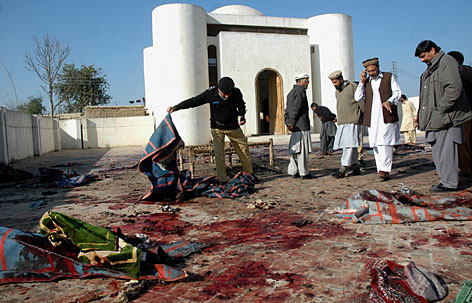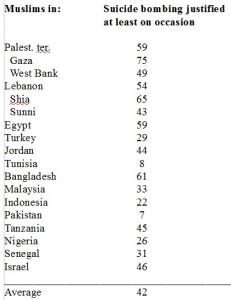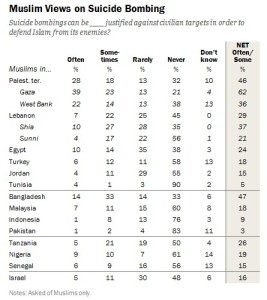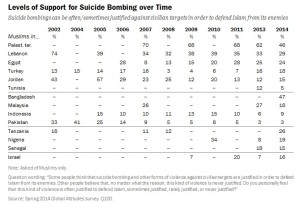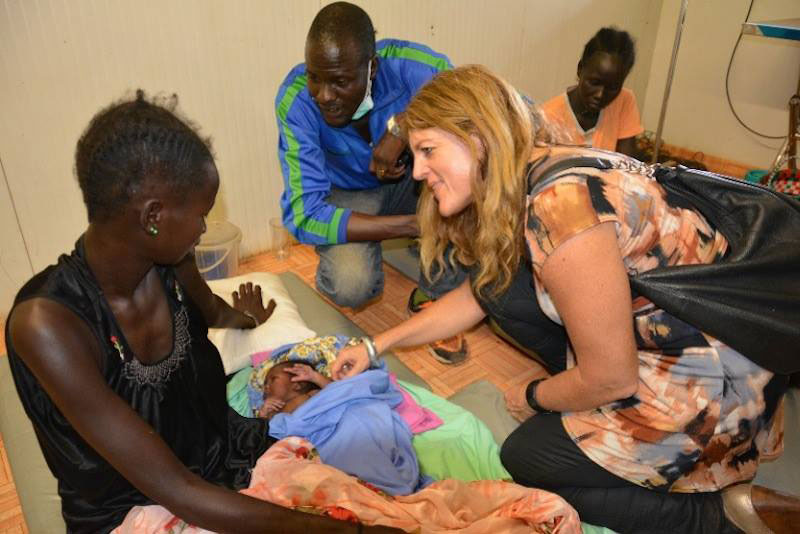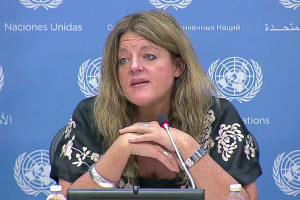According to a document made public by the UN recently, China was issued a “joint urgent appeal” earlier this year. China has responded to the appeal, confirming that at least six of the 10 Tibetan musicians were jailed on charges of separatism for singing songs  supporting Tibetan culture and about the plight of Tibet under Chinese rule. No information was provided by China on the other four musicians.
supporting Tibetan culture and about the plight of Tibet under Chinese rule. No information was provided by China on the other four musicians.
The joint appeal was sent to China on behalf of UN offices covering freedom of expression, cultural rights, arbitrary detention, minority rights, and other UN interests.
For several years, Tibetans have been arrested and jailed on various charges, including the charge of separatism, for such offenses as carrying pictures of their chief spiritual leader, the Dalai Lama, and Tibetan songs on their phones, refusing to fly Chinese flags from their homes, and self immolation or being related a person who had self immolated. Jail terms for these offenses usually range from around six to nine years.
Listed along with many other nations in a UN Human Rights Commission document, the People’s Republic of China was alleged to have arrested and detained ten Tibetan singers and musicians. The charge laid by China in the arrests was alleged to have been that of creating or performing songs supporting Tibetan culture and reflecting the current situation in Chinese-ruled Tibet.
The UN report stated, “Serious concerns are expressed that the alleged arbitrary arrest and detention or enforced disappearance of the aforementioned 10 Tibetan singers and musicians may be linked to their legitimate human rights activities.”
The human rights mentioned here included those related to arbitrary detention, cultural rights, disappearances, freedom of expression, freedom of peaceful assembly and of association, freedom of religion, and minority issues.
The ten artists were listed as Gongpo Tsezin, Trinley Tsekar, Kelsang Yarphel, Lolo, Pema Trinley, Chakdor, Khenrap, Nyagdompo, Shawo Tashi, and Achok Phulshung.
The musicians were reported to have been detained or of unknown whereabouts.
In the same UN document, China was also alleged to have arrested Liu Xia, the wife of Chinese Nobel Peace Prize winner Mr. Liu Xiaobo, in violation of international human rights law.
The joint appeal seeking an account of the fates of the Tibetan musicians came after the rights group Free Tibet sent a letter to the UN Special Rapporteur on Cultural Rights.
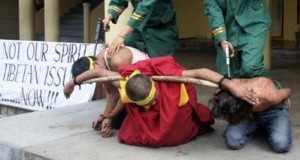 China responded in late April, stating that, “The Chinese government has carried out careful investigations on the matter as stated in the letter and provides replies…” and confirming the fate of six of the 10 listed musicians.
China responded in late April, stating that, “The Chinese government has carried out careful investigations on the matter as stated in the letter and provides replies…” and confirming the fate of six of the 10 listed musicians.
The musicians were in prison for terms of six to nine years on charges of “seditiously splitting the state” and related crimes, although one had been released for health-related reasons. Regarding two other musicians, the Chinese response read, “On Kelsang Yarphel and Achok (both names are transliterations), there is lack of reliable information on them. We, therefore, cannot verify their authentic identities and personal data.”
The response made no mention of Khenrap and Nyagdompo. Free Tibet also noted that the UN did not make mention of another musician, Choksal, in its request to China.
Free Tibet has set up a petition to demand the release of the jailed Tibetan musicians, addressed to China’s justice minister.
By Day Blakely Donaldson
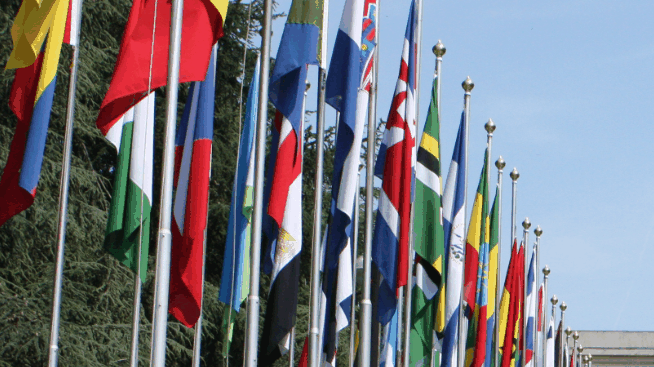
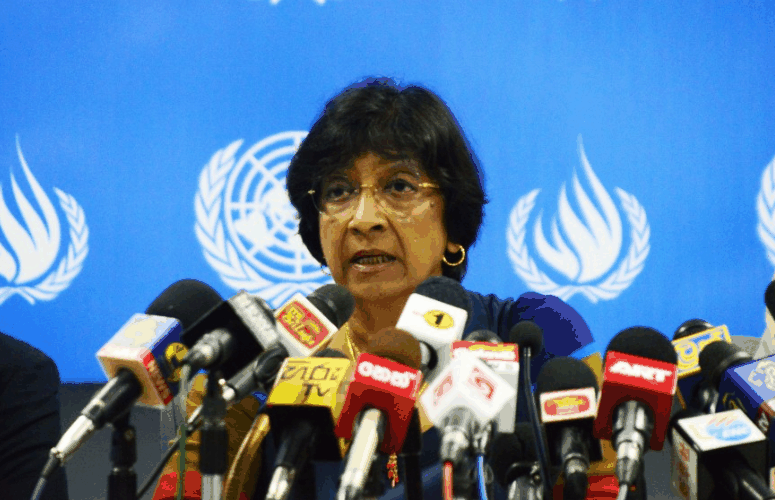
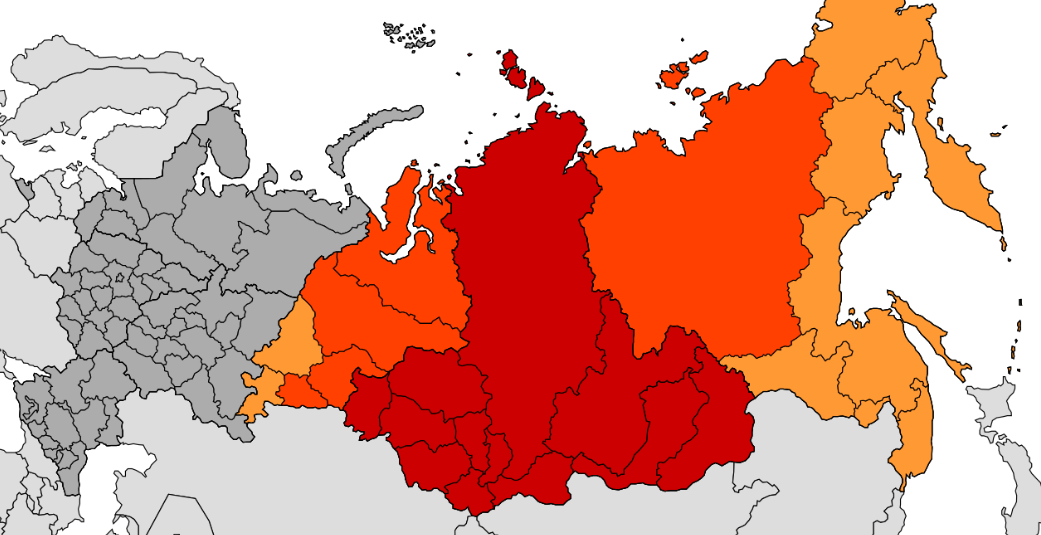
 and paper and pulp products. According to analysts, if Siberia ceased paying Russia from its export revenue, it would be the richest region or among the richest regions in the Federation, causing some Siberians to
and paper and pulp products. According to analysts, if Siberia ceased paying Russia from its export revenue, it would be the richest region or among the richest regions in the Federation, causing some Siberians to 
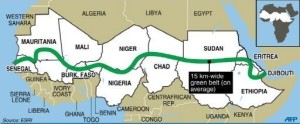

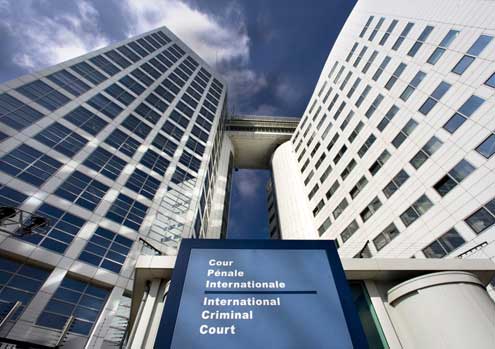
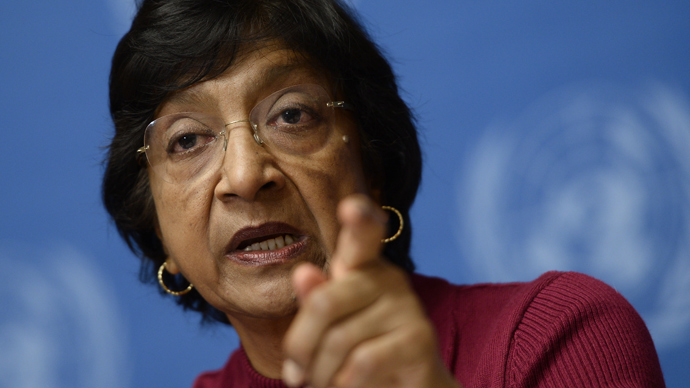


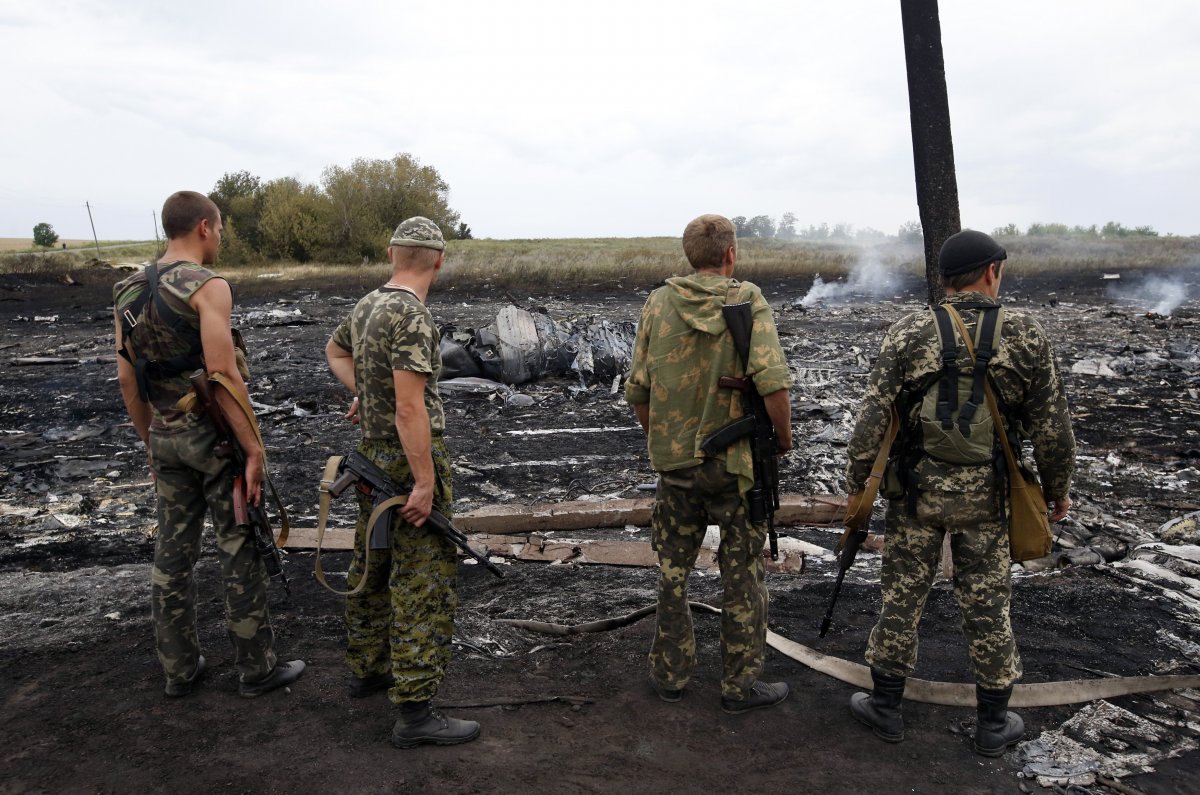
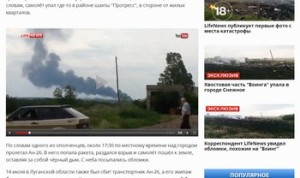
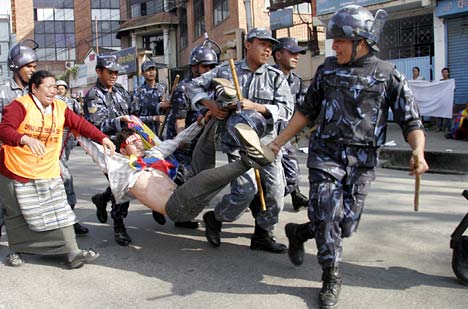
 supporting Tibetan culture and about the plight of Tibet under Chinese rule. No information was provided by China on the other four musicians.
supporting Tibetan culture and about the plight of Tibet under Chinese rule. No information was provided by China on the other four musicians.

